4 Ways I Traveled - Mom's Companion (Part 2)
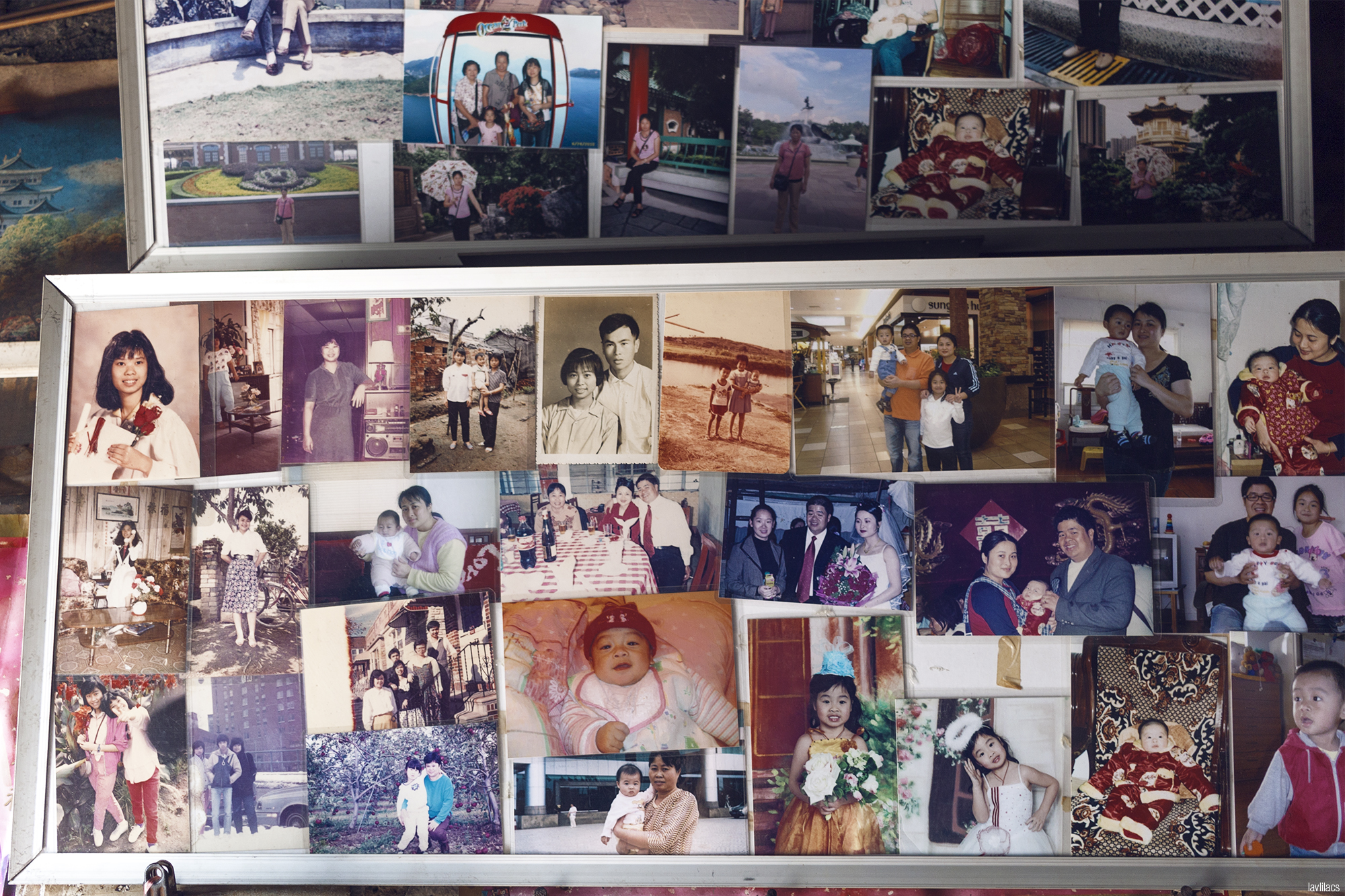
Call me sentimental. Call me curious. Being born into and raised by an immigrant family is something I didn't have a choice over, but wanting to learn more about and understand the culture they hold dearly is. Where did my parents and Aunts and Uncles grow up? How many distant relatives have I not met before? What traditions and rituals do my family in America not follow anymore? Who did they hang out with before they had to leave them all behind?
20 something plus years. That is how much time passed since mom and I was last in China and her hometown of Taishan 台山. The toddler me that my parents had to lug from place to place the last time 'round doesn't remember anything we did or saw. If not for the photos they snapped and developed and the rare memories they sometimes reminisce on, I wouldn't even know of that point on my own timeline.
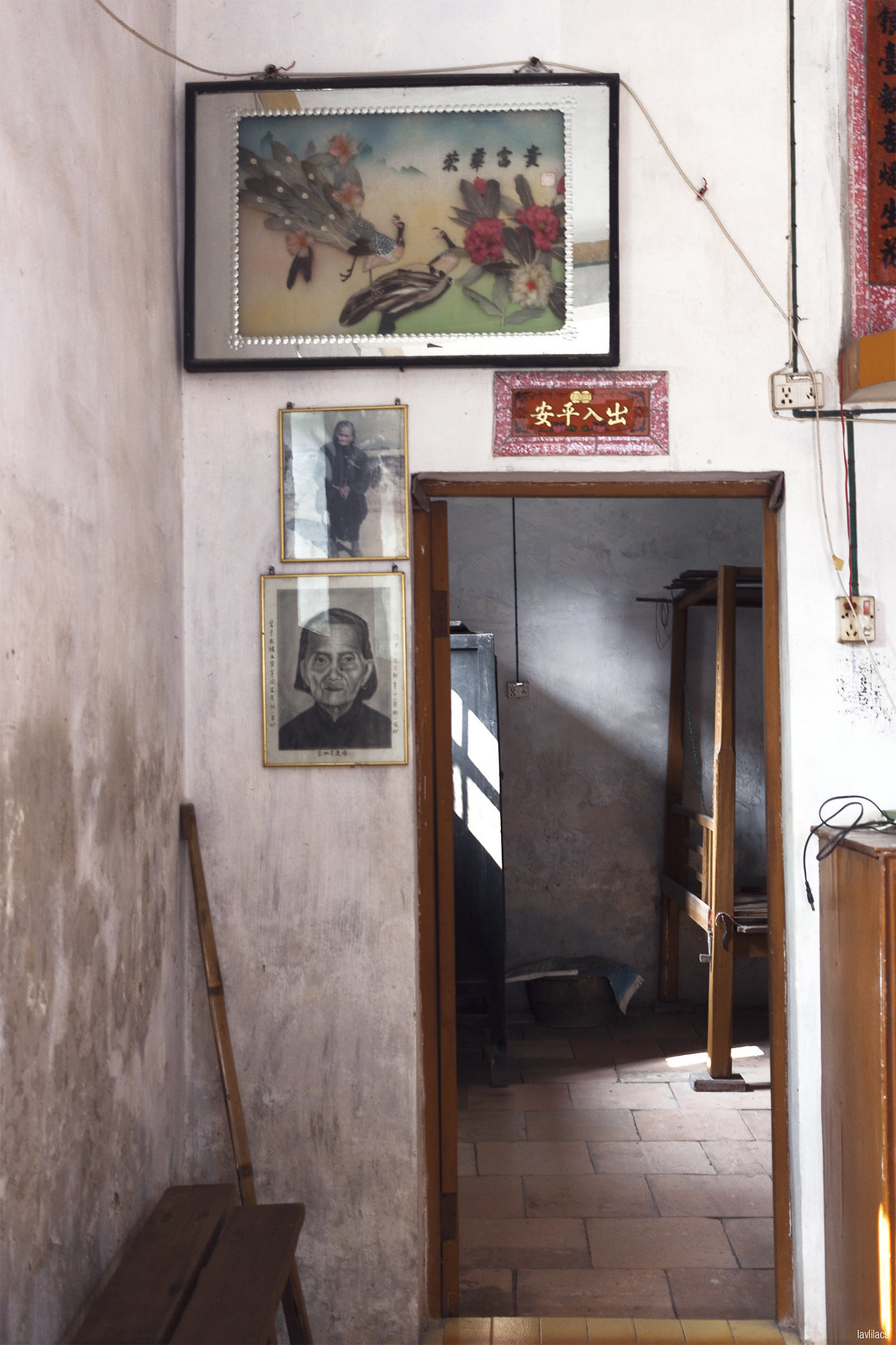
Now that I am older, being able to visit with her again brings a new sense of appreciation. Most of the homes in the village my maternal family grew up in are small, old, empty, and some even abandoned by immigrant families and the younger generation. There are a few newly built multi-stories which stand to represent the success of a handful. My mom's village home is somewhere in between: small and lived-in looking yet somewhat new-ish compared to the even older homes nearby.
It is hard to imagine that 7 plus people once occupied the space some 30 odd years ago. The single bed and wardrobe, the bathroom with a squatting toilet, and the wood burning "stove" all point to my family's humble beginnings that I honestly have taken for granted. The times when my grandparents, mom, aunts, and uncles had to work on the rice paddies or when they had just enough to eat are concepts that are foreign to my cousins, my brother, and me, who grew up in a world of excess.
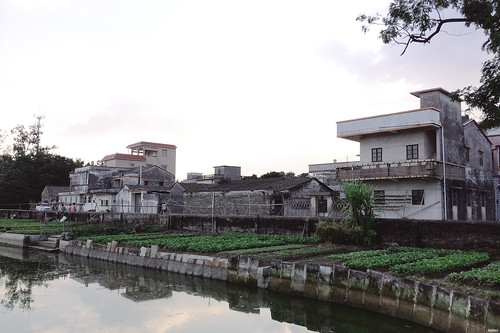 | 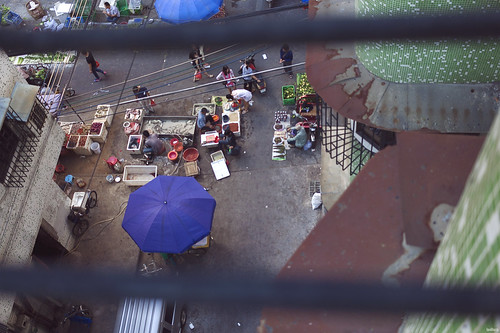 |
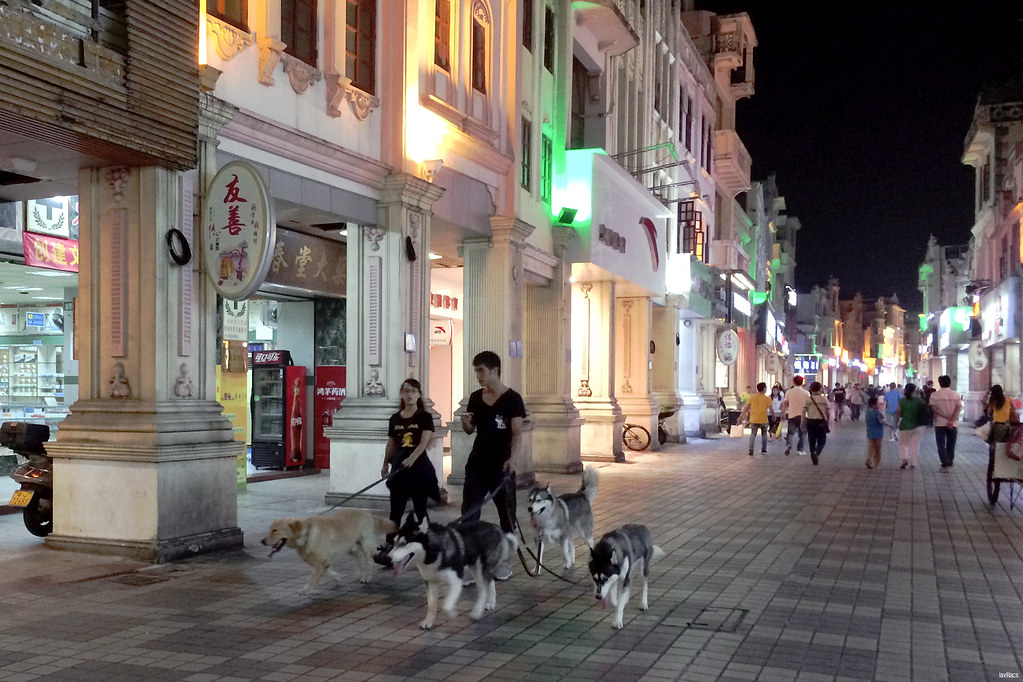
Traveling to all the different places on the tours is exciting, no doubt. Everything that I got to experience was completely new and refreshing. But there isn't anything like going to a place where there is a personal connection. Being able to walk the same paths my parents once did and zigzagging through the alleyways in the village to reach the now ancestral house feels like an adventure all on its own. Hearing how one spot looks more or less like they remember, while many other parts of town are completely made over makes me wonder just how much everything would change by the next time I get to visit again. Seeing the views from the rooftops and balconies in both my maternal and paternal family homes respectively gets me emotional and nostalgic for my parents even if they don't necessarily show it themselves.
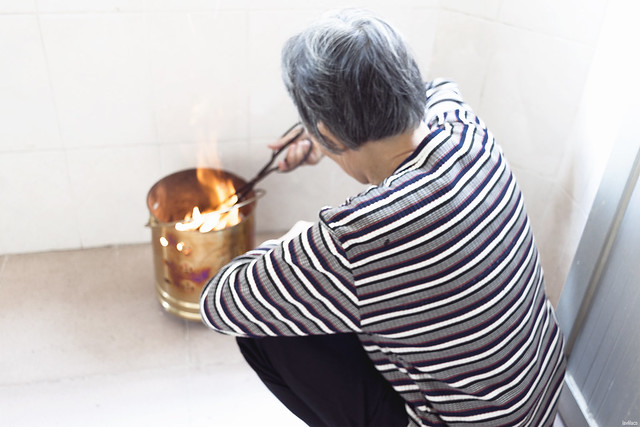 | 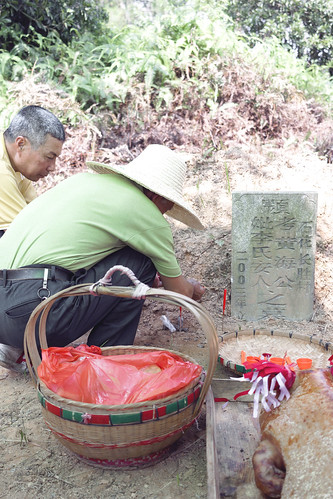 |
Since my parents hadn't visited in over two decades, the first order of business the first full day we were in Taishan was to pay respects to the deities and ancestors on my paternal families' side. Even without my dad there, it was my mom's duty as the first daughter-in-law to do so anyways. The day began with a visit to my paternal grandpa's and uncle's home in Taicheng 台城, where we bowed and made offerings. Then we headed off to the literal hills in a more rural part of Taishan to visit my paternal grandma's and other paternal ancestors' burial grounds. We were joined by a crowd of distant relatives of my dad's, whom I had no recollection of, along with an array of roasted meats and joss papers in hand. From the bits and pieces I got, they were various Great Uncles and Aunties and cousins of sorts.
This was a new experience for me and something I can only recall via pictures in old photo albums. Although there is a special time of the year where Chinese people usually go to clean the burial sites and pay respects, qingmingjie 清明节, it isn't something I have ever experienced as my grandma is the only deceased close relative I have and with her being in China and us being in America, the day is near impossible to observe. The roasted whole pig, chicken, and duck were laid in front of the headstones while an elderly Uncle in the group lit the candles, incense, and joss papers. Afterward, everyone else there did multiple triple bows to show our respect. Our night was capped with a family reunion dinner of sorts at a restaurant in Taicheng.
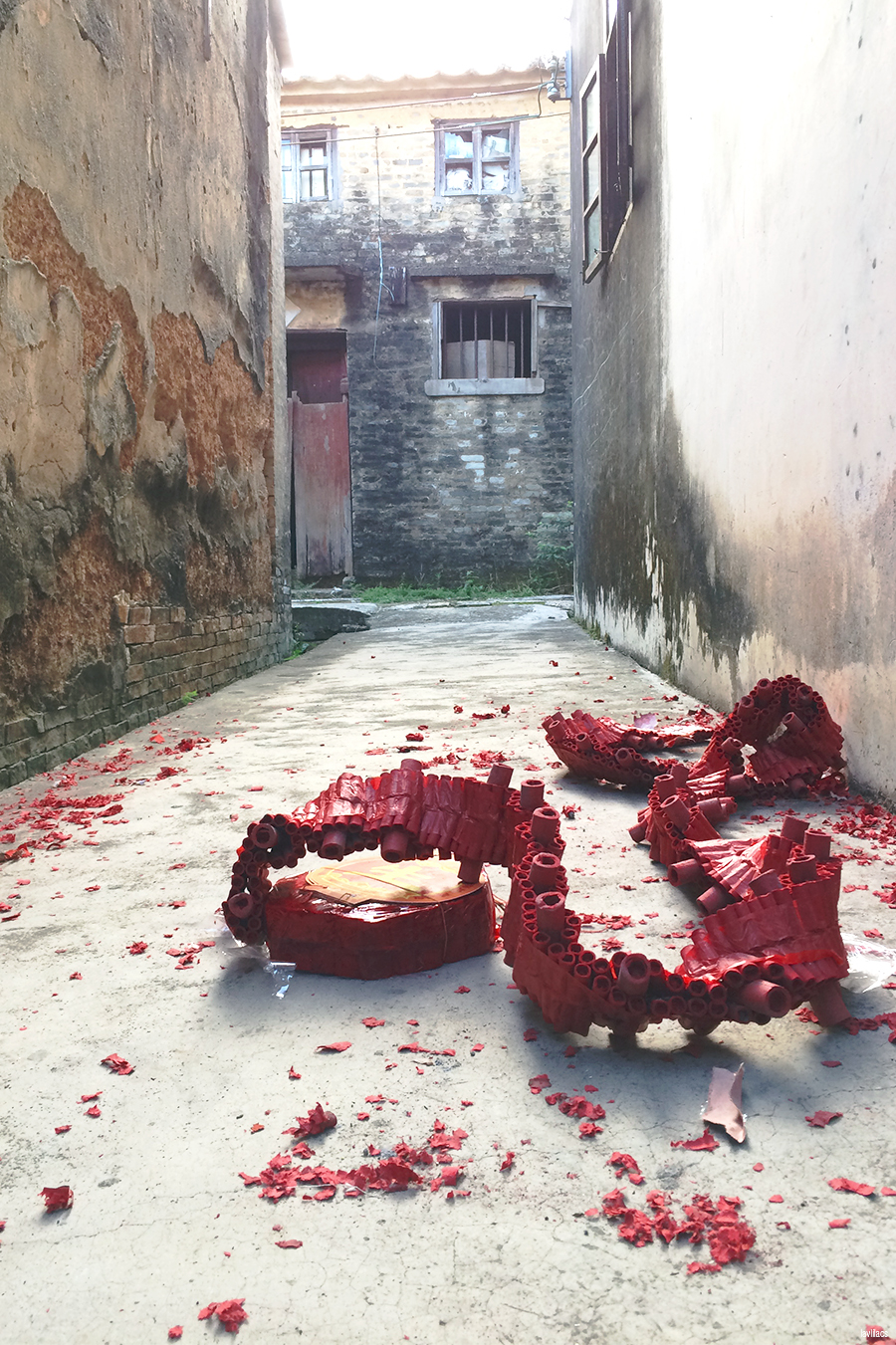
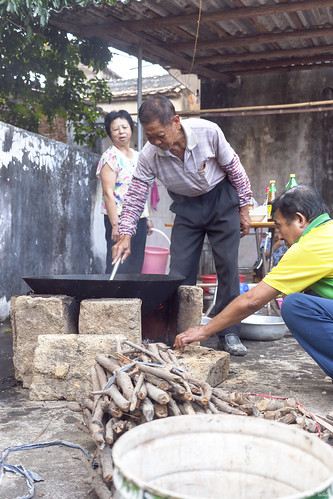 | 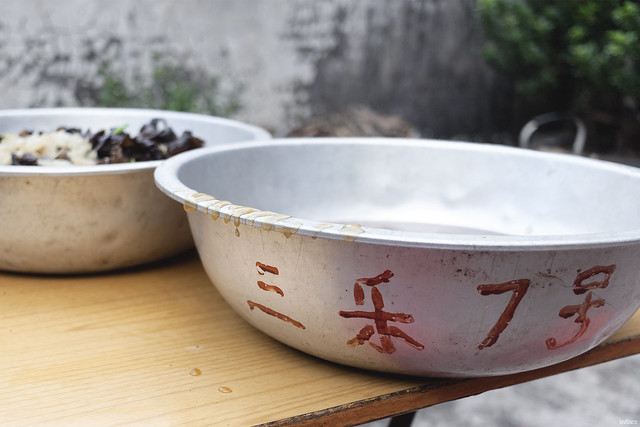 |
Our second full day in Taishan brought us to my maternal family's village in Sam Lok Lei (Sanleli in Mandarin) 三樂里 in Shuibo (Shuibu) 水步. For whatever reason, we didn't do the same rituals as the day prior with my maternal family's side. We had a shorter ritual at the ancestral house instead: bowing, burning joss papers, and lighting firecrackers. People came over to the house to sit around and eat some good luck crackers and candies. Afterward, all that was left to do was wait for the big village feast my mom had planned. Perhaps it is a cultural thing or maybe just something expected of returning immigrants, the big village eat-out was meant to be a get-together, giving-face of sorts. If that makes any sense at all. As a way of showing, hey you moved to try to have a better life in America and now that you are back for a visit, a meal and red envelopes are the least we could get. On the surface it sounds very superficial; I have overheard that those who opt not to do the whole shebang usually receive a lot of gossip and ill-thoughts from the community. But once that layer is removed, isn't it just a nice gathering for people like my mom to see old faces again after a long time away?
The size of the feast is truly dependent on the individual. My mom was very generous and had a dozen or more tables in the outdoor space with a catering company and all, while my mom's cousins had a more modest gathering in the small courtyard next to their village home with the village members helping out with bits and pieces to get the meal ready. I have to admit that I did fall asleep during most of the preparation for my mom's sponsored feast. I was, however, awake for my uncle's dinner preparations and was in awe by the setup they had going. There was an outdoor food prep station by the outdoor watering faucet. Bricks, or were they stones, were propped up to house a wood burning fire and humongous wok. There was even a water kettle boiling on top of a coal briquette!
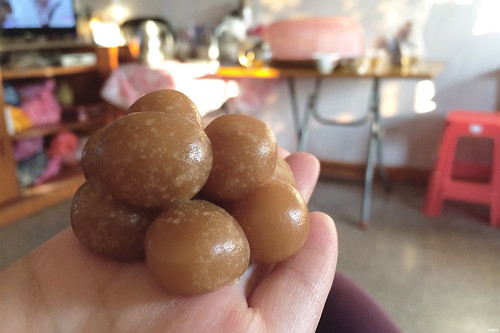 | 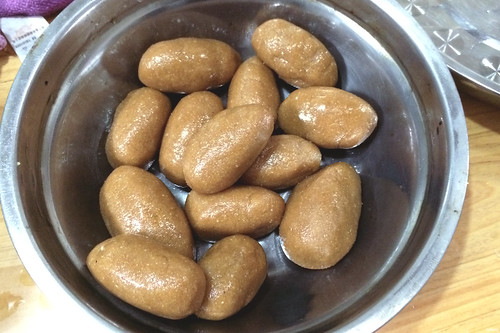 |
Two things I would probably never see, or very rarely, unless I was in Taishan are the sweet steamed ball thingamabobs and the poop-lookalike cookies shown above. Many people may be more familiar with glutinous rice balls that are usually served in savory or sweet soup. But in my family, on very rare occasions, I remember my maternal grandma kneading maybe glutinous rice flour, wheat starch, and sugar to get the sweet ball like treats. These aang yuan or hard ball 硬圆 (an unfortunate literally translated name) are steamed and when cooled has a nice chewy texture to it. Grandma hasn't been making them in recent years so I was very excited to see these at my Great Aunt's house when we were visiting her.
The unfortunately shaped treats, on the other hand, were completely new to me. My mom calls it chow mai daan 炒米 something in Taishanese and claims it purely a spoken phrase. *EDIT: Bestie C's mom cleared the mystery. It is called chow mai jeen in Cantonese (chaomijian in Mandarin) 炒米煎.* I still do not really know what it is or how it is made. The only things I got out of the adults who made it was: it's a biscuit/cookie type food, made by the groom's parents for pre-wedding rituals, it is shaped by hand, and it is a super traditional custom that not many people do anymore. I was able to try a bit and can't say I liked it that much; it was very oily and grainy. But hey, they're keeping the tradition alive, right?
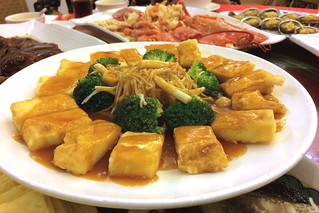 | 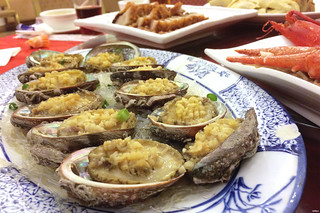 | 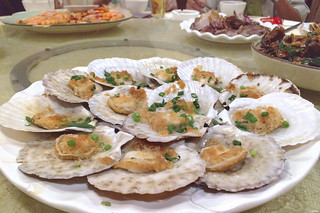 |
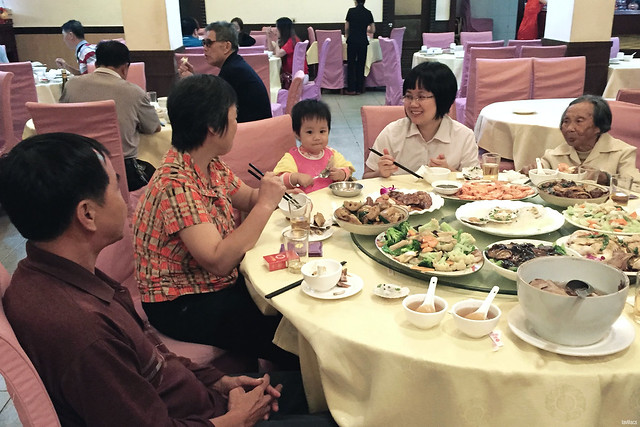 | 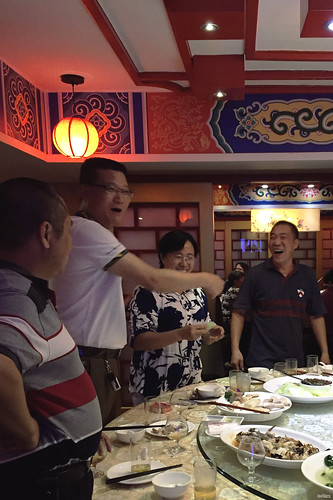 |
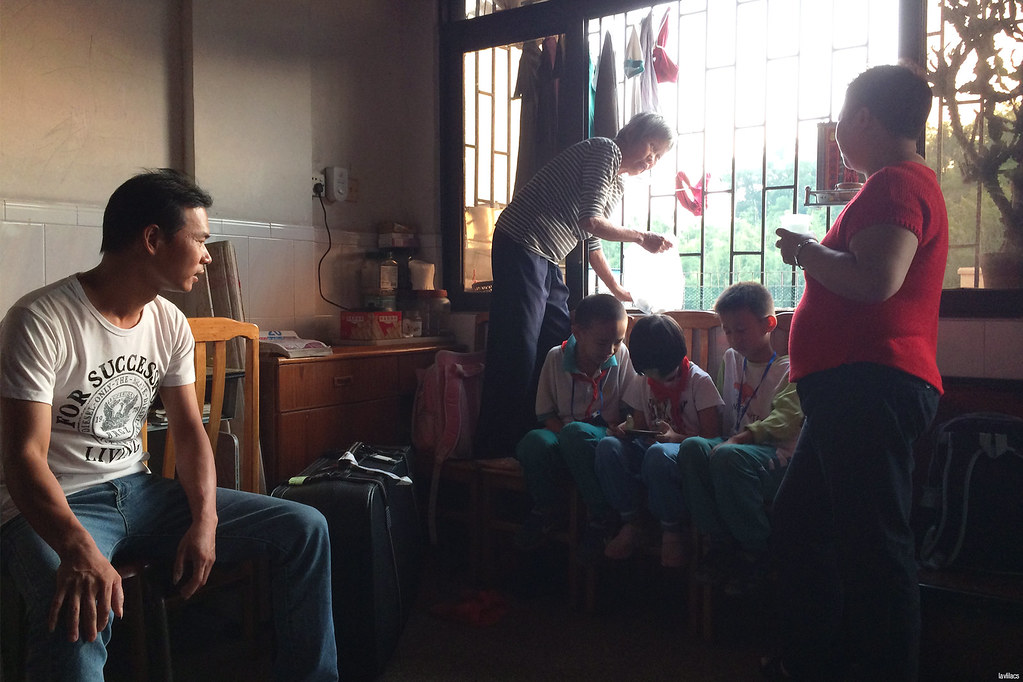
Going around Taishan with my mom more than made up for all the good food that I missed out on whilst on the bus tours. Of the 15 or so days we were there, I would say 75% of it ended with a big feast for dinner. My mom's main reason for traveling to Taishan, Guangzhou, and Hong Kong was to meet family and friends she lost contact with over the years. For her, it meant endless days of chatting and catching up, while the food was just an accompaniment. For me, it accumulated in endless days of eating and just sitting around listening to their chats or messaging with my Besties on WeChat if the timing was right. There were many occasions where we had dimsum in the morning, feasts for lunch, and feasts for dinner. Talk about gluttony!
I would have preferred to explore the city on my own. Yet I had a lot of opposition from mom, relatives, and her local friends whenever I brought it up. To them, Taishan wasn't particularly safe. They were weary of all the motorbikes and cars on the streets. Some were afraid of the potential petty thieves who could apparently tell non-natives apart in the bat of an eye. Apparently, they've had altercations with them even as natives. On top of all that, I was iffy on wandering by myself without the help of any working English-based and detailed maps in China, i.e. Apple Maps and Google Maps. Plus it did not help that I had badly sprained my ankle the first full day we were in Taishan. With all the resistance, I just took it as a time do what the bus tours didn't allow me to do: eat good food until I was stuffed and relax.
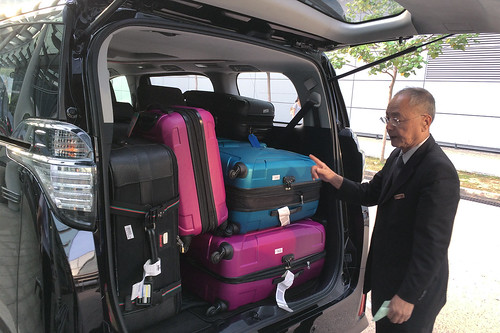 | 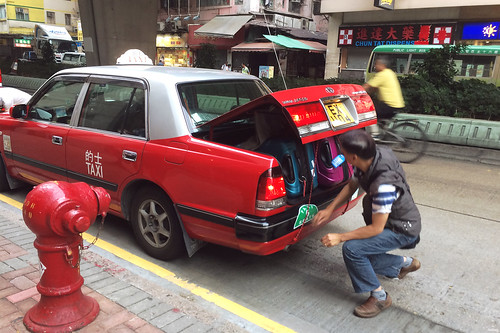 |
Maybe the toughest part of being my mom's travel companion was all the bags. I was able to condense my pre-trip stuff into a 25" medium-sized suitcase, a 21" carry-on, and a book bag. Mom, on the other hand, had three 29" suitcases, a 21" carry-on, and a big satchel bag filled to the brim. She definitely isn't the most efficient packer. While I could deal with wearing a piece of clothing multiple times, my mom is the complete opposite. Everything is worn once and once only. We also were going to multiple climate zones in a span of 2 months which meant there was a need for a little bit of every kind of clothing available: tanks, tees, shorts, sweaters, jackets, etc.
Then there was the situation with her generous gifts for family and her close friends she was meeting. There were a lot of Kirkland mixed nuts, bags of pistachios, boxes of Trident gum, boxes of cookies, American ginseng, and other likes. I could not for the life of me understand why she had to buy so many things to bring with her. When asked why all she had to say was "it's respectful and are souvenirs". Traveling multiple countries and cities while trying to maintain my stress levels with all the big suitcases was definitely a challenge.

At least I was able to experience riding on a ferry from Hong Kong to Jiangmen, China because of the luggage situation. The most popular option to get to Taishan from Hong Kong was to take a 4-5 hour bus. The headaches we would have potentially had involved us needing to drag all 6 suitcases off the bus with us through the customs at Shenzhen and then onto the bus once again to reach our final destination. With the uncertainties of lines and anxiety levels, the both of us decided it wasn't worth the risk. The ferry, however, allowed us check-in our bags before boarding and only having to deal with customs once we docked and landed ashore. After that, we were free to meet whoever our ride was to get us into town.
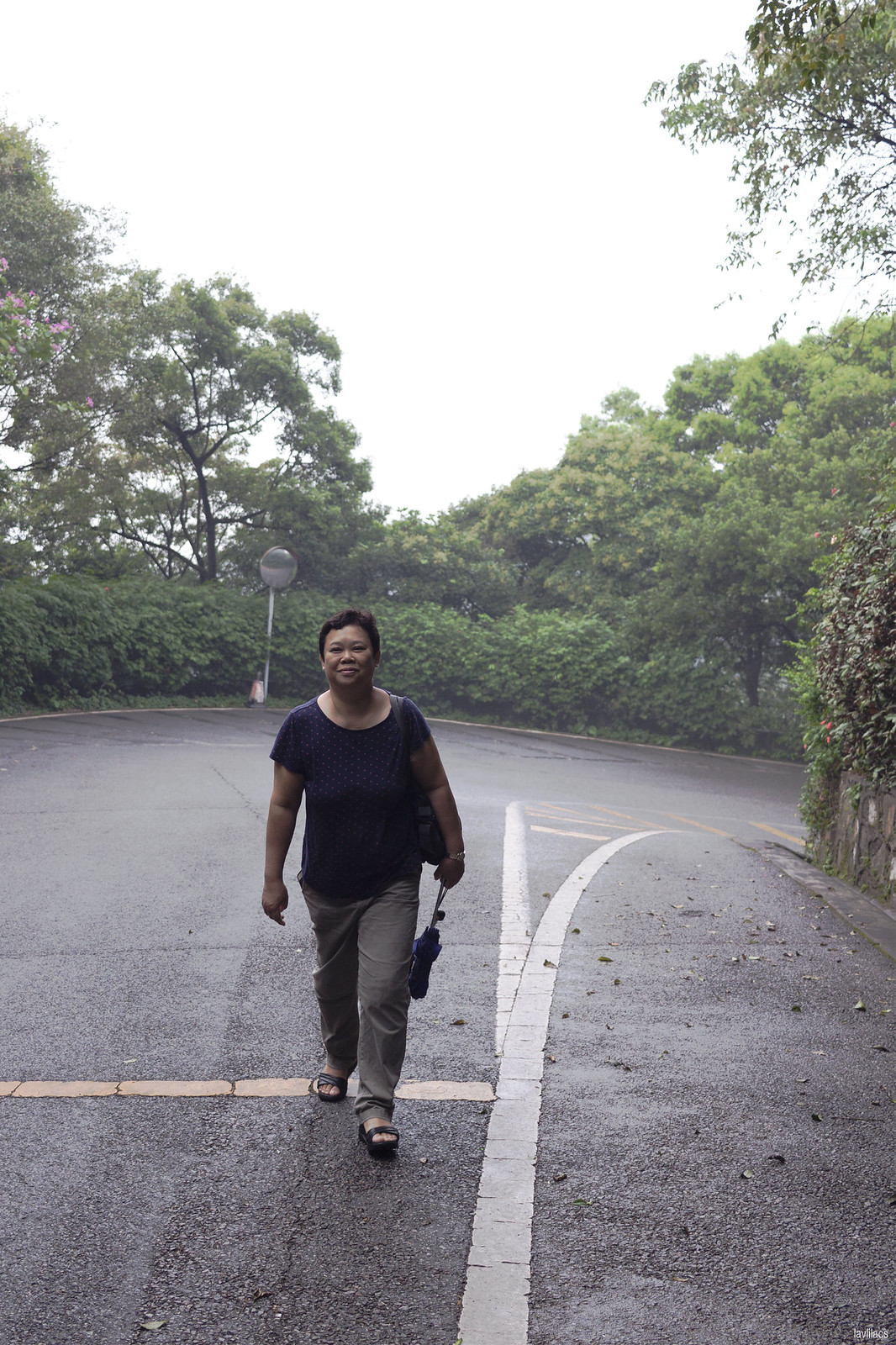
Being with my mom and my mom only for a couple months was a breath of fresh air. As a kid who didn't get to spend much time with her parents because they usually had to work long hours and who's family just doesn't really communicate the same way "normal" families do, it was a rare bonding time between us mother and daughter that I would gladly repeat again.

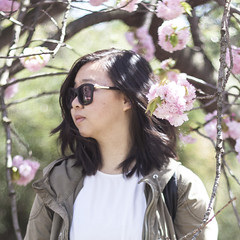

0 comments: